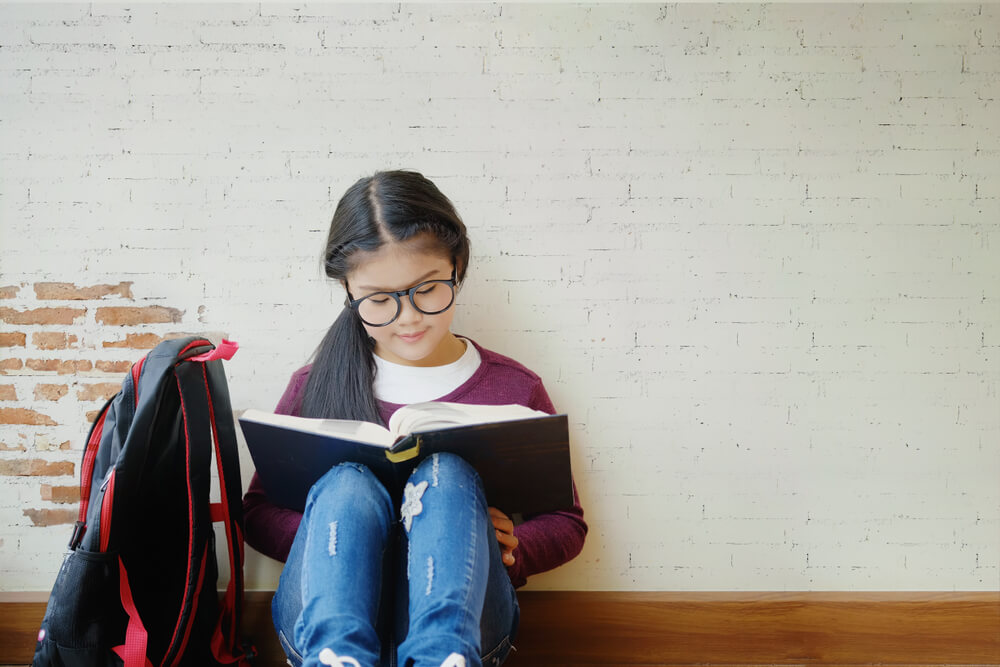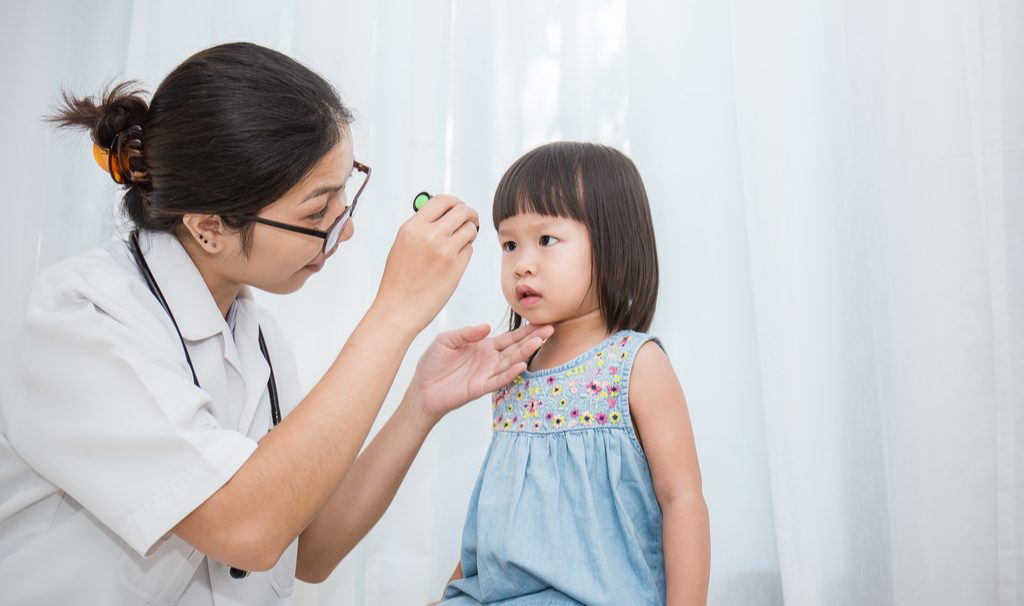How often should you go for Eye Examinations?

Eye examinations are not just about prescribing spectacles or contact lenses. They also help identify vision problems and potentially, long-term vision problems. Regular and timely comprehensive eye examinations are essential not just for people with myopia, but for everyone to protect, maintain and sustain the health of our vision.
Now, where people have extremely hectic work schedules, one of the things that’s commonly overlooked is eye examinations. Yes, they distort our schedule a bit. But what we should really understand is that our eyes are vital organs that we use at our every waking moment. The following guide will give you an idea of how regular eye check-ups should be, and why it is vital!
For infants and children who are less than 2 years of age,

The first comprehensive eye examination for children should begin at the age of six months. A child should also be taken for an eye examination in the following scenarios:
If the pediatrician detects crossed or misaligned eyes, or a lazy eye,
If the mother had complications during labor or pregnancy,
If there is a developmental delay,
If there is someone in the family who was affected by congenital cataracts, amblyopia, strabismus, very high refractive error or retinoblastoma in the early days of childhood.
For 2 to 5 years old
The next comprehensive test should be done when the child is between 2 and 5 years of age. This eye examination has to be performed by an optometrist or ophthalmologist and not by your regular pediatrician.
It is critical that children have good vision to be able to learn and develop holistic skills in school. This is especially so for children in this day and age, who can be glued to their television screens or mobiles for a long period of time. At this stage of their lives, it is important for children to have annual examinations. In the long run, good eye health would enable them to read, write and perform other activities to the best of their abilities.
For 5 years old and above
From the age of 5 onwards, children https://www.allaboutvision.com/eye-exam/children.htm
at least every 2 years if they do not require glasses or once every year if they do.
Myopia has become an epidemic. The rate of children affected by myopia at this particular stage of their lives is growing rapidly in the last few years.
Regular eye exams help in early detection and assessment of myopia. This will in turn potentially slow down the progress of the problem than when detected at a later stage. And once detected, as the power keeps increasing until the age of 18-20 years, a regular eye checkup is important to update your eyeglasses or contact lens prescription.
Buying a new lens or spectacles can be expensive and inconvenient, amidst the hustle-bustle of regular life. Yet, for the aforementioned reasons, it is very important to update and upgrade them annually.
For adults 40 years old and above
For adults, it is important to have the eyes examined regularly at least once a year or once every 2 years. Beginning in their 40’s, adults may start facing problems of being unable to see objects at close distances. This progresses with time and one should seek an immediate examination and treatment from the optometrist. Regular examinations help in detection of cataracts early. Though cataract could be solved temporarily by changing spectacle lenses, surgical removal is advised if it negatively impacts the daily activities.
Glaucoma has evolved to become a leading cause of blindness. Routine eye checkups aid in early detection of glaucoma, which would otherwise impair the vision permanently. Glaucoma doesn’t exhibit any symptoms, and one would have almost lost his/her vision even before detection and controlling the progress would be very difficult. An annual examination would help in early identification and treatment.

Tensed woman using laptop in classroom at college
The eyes can reflect the health of other organs. The delicate retinal blood vessels in our eyes can tell us if there is evidence of diabetes, cardiovascular risk factors, and high blood pressure. During comprehensive eye examinations, the optometrist will be able to detect all of these chronic conditions by observing the health of the blood vessels. Eye examinations also aid in the early detection of maculardegeneration, a condition where the central portion of the retina deteriorates and results in blindness if left untreated.
If your family has a history of the conditions above, or if the nature of your job demands more screen-time, it is indeed beneficial to go for timely and regular comprehensive eye checkups. As they say, prevention is always better than cure!
Tools Designed for Healthier Eyes
Explore our specifically designed products and services backed by eye health professionals to help keep your children safe online and their eyes healthy.





